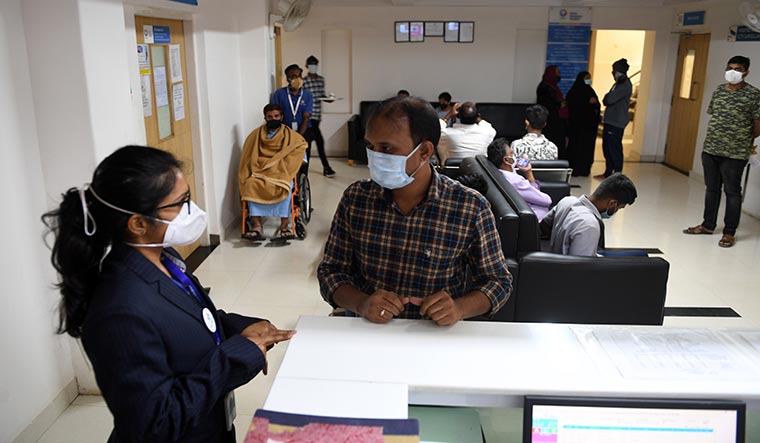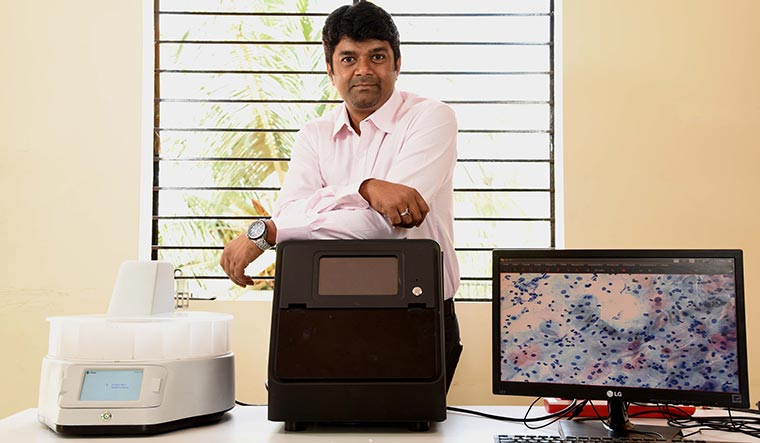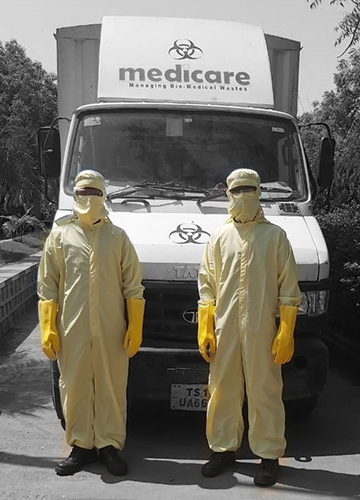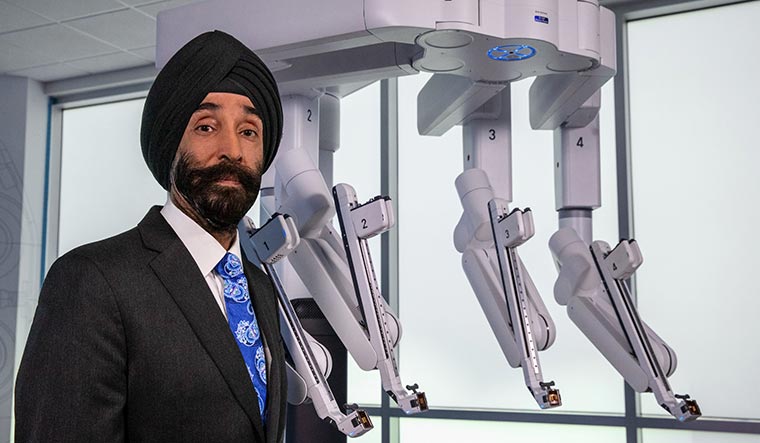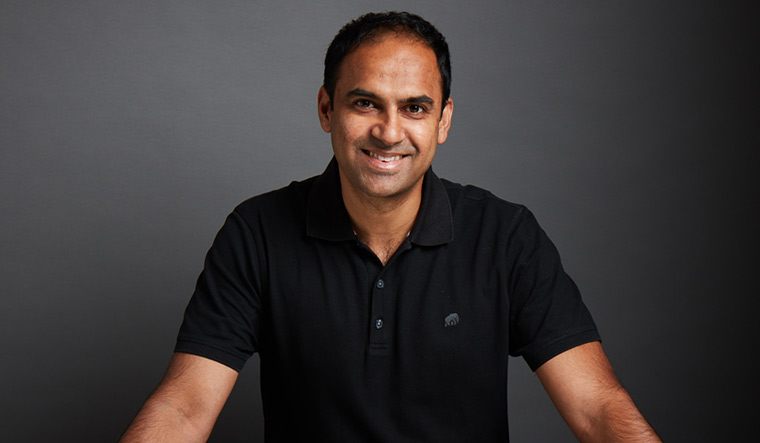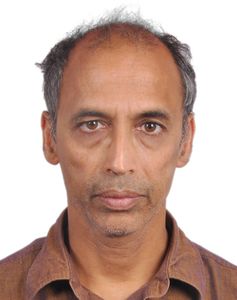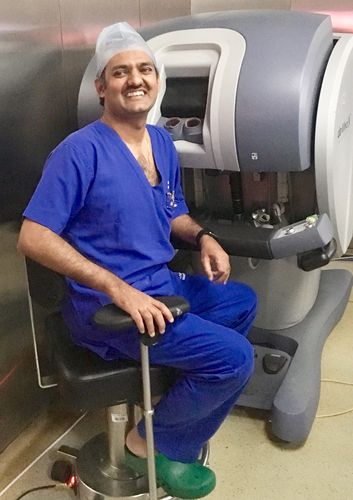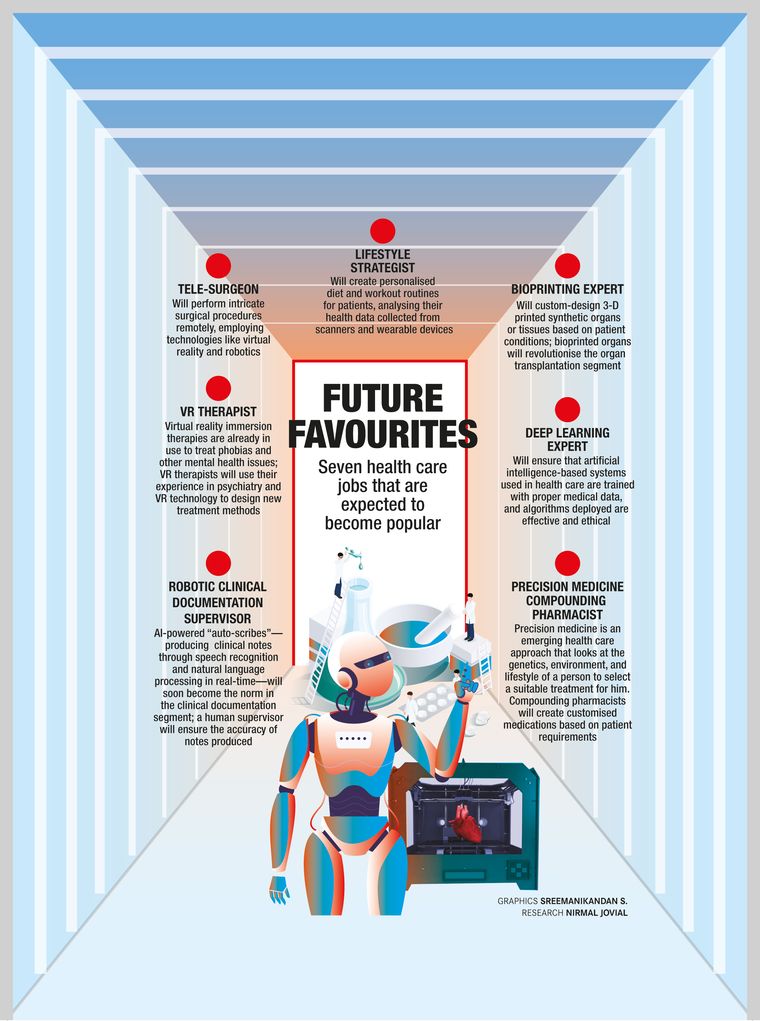Low doctor-to-patient ratio, acute shortage of trained professionals, ill-equipped ICUs, inadequate medical infrastructure—India faced the Covid-19 pandemic with all these vulnerabilities. But this once-in-a-lifetime global crisis became the fuel that ignited a makeover of the Indian health sector. Dramatic changes happened in patient care, patient management processes and allied services in the last 24 months.
“One major structural change could be seen in intensive care units in hospitals,”says Dr Swami Subramaniam, a clinical pharmacologist and neuroscientist who has been in leadership roles in various health care companies. “Hospitals are investing big time in expanding not just intensive care unit capacity, but also to train more intensivists. The normal beds to ICU beds ratio changed; hospitals added more ICU beds in this phase.”
Medical experts point out that during the first and second waves of the pandemic, the system focused primarily on Covid-care. A vast majority of hospitals had stopped or postponed elective surgeries. But postponing emergency surgeries and procedures was not an option. The situation had forced many leading hospitals to turn to robot-assisted surgery to clear the backlog.
Robotic surgery allowed social distancing with fewer people around the patient and the robot. It also allows fast recovery of patients. “All of a sudden, the number of open surgeries came down, and robotic surgeries went up,”says Prof Dr Somashekhar S.P., chairman and HoD, surgical oncology, Manipal Comprehensive Cancer Centre. Somashekhar, one of the pioneers of robotic surgery in India, has done over 2,800 robotic surgeries in his career. “We did 536 robotic surgeries during the pandemic, which was much more than in any of the last 10 years,”he says.
Though robotic surgery was introduced many years earlier in India, its usage has been limited. However, fear of the virus infection from prolonged hospital stay—a requirement for most open surgeries—made patients demand robotic surgery. And this demand created a new crop of robotic surgeons in India who perform minimally invasive surgery using advanced surgical systems like Da Vinci.
Created by Intuitive, a global technology leader in minimally invasive care, Da Vinci is the most used surgical robotic system in the world. The country currently has more than 75 Da Vinci systems installed across major public and private hospitals. “There are over 500 trained robotic surgeons in India now,” says Mandeep Singh Kumar, vice president and general manager, Intuitive India. Intuitive has three centres in India to train robotic surgeons. Last year, the company started collaborating with top government medical colleges to familiarise future surgeons with robotic-assisted surgery. In January, the company launched India’s first remote surgical case observation technology, Intuitive Telepresence, to enable those undergoing training to learn from expert robotic surgeons remotely.
It was not just global players like Intuitive, desi health-techs also came up with innovative solutions—and even shortcuts—to deal with India’s systemic shortcomings. Take, for instance, the case of qXR of Qure.ai, an AI-based chest X-ray analysing solution repurposed to screen the Covid-infected population in slums and remote villages. “Our application helps to interpret X-rays faster and better,” says Prashant Warrier, founder and CEO, Qure.ai. Built with deep learning, qXR can detect abnormalities in lungs, bones, diaphragm and heart with great precision, in less than one minute.
During the first and second waves of Covid-19, RT-PCR or antigen testing facilities were not available in many parts of the country. Even if they were available, two to three days were required to get the test result. “But X-ray centres are there in almost every corner,” says Warrier. “The qXR, on analysing X-rays, would tell whether there is lung damage or lung infection because of Covid. Lung abnormalities were a major indicator of Covid infection.” Warrier, however, notes that X-rays were not always accurate in detecting Covid. “You might miss [Covid-positive] cases in which there is no lung damage visible,”he says. The Brihanmumbai Municipal Corporation adopted this technology for rapid screening of Covid-positive cases in Mumbai slums. The qXR utilises the scalability and agility offered by cloud computing technology to deliver its services.
It was during the pandemic that a large section of Indian hospitals moved their IT operations from legacy systems to the cloud. This led to wide-scale implementation of Software as a Service (SaaS)-based health care solutions across India. And, the result was a heightened demand for techies in the health care sector.
“The sudden acceptance of the digital ecosystem to meet the patient demands during the pandemic has resulted in the need for health care providers to become digitally savvier,”says Himesh Joshi, who co-founded Ayu Health which had become a technology partner for over 60 private hospitals during the pandemic. According to data from employment website Monster.com, job postings under the tag of Indian health care, biotechnology and life sciences, and the pharmaceuticals industry witnessed a 9 per cent year-on-year growth in January 2021. Software developers and artificial intelligence and machine learning professionals are in high demand capturing almost 40 per cent of the health care jobs listed. Job roles related to telemedicine, digital marketing and clinical research also have seen a boom in the sector compared to pre-pandemic levels. “There have been several acquisitions and huge investments lately in the health-tech domain, which has led to a rise in hiring demand in the sector,”said Chandra Sekhar Garisa, CEO, Monster.com. “The sector is expected to grow at a 39 per cent compounded annual growth rate over FY2020-FY2023.”
Adarsh Natarajan, CEO and founder of health startup AIndra Systems, points out that technology can become a force multiplier to bring down the inequities in the Indian health care segment. AIndra’s flagship work is in pathology—one of the fastest advancing health care segments. Their AI platform Astra is built to detect critical illnesses such as cancer. Natarajan points out that the platform can be extended to build diagnostic tools for several critical illnesses. Both Qure.ai and AIndra are winners of the prestigious India-Sweden Healthcare Innovation Centre Challenge.
“The increased digitisation and AI in the health care sector will result in an uptick in tech-influenced jobs taking away from jobs having repetitive tasks,”says Runam Mehta, CEO, HealthCube, a point-of-care technology-enabled diagnostics services provider. “Candidates who have a good understanding of domain-specific business process management, along with knowledge in AI and robotics, will be highly coveted by any health care solutions company.”
Covid-19 has dramatically changed the way hospitals deliver outpatient care. In the initial phase, several patients—including many who needed emergency care—avoided hospital visits because they did not want to leave their homes and risk exposure. This situation prompted health care providers to start telemedicine and home care services. Kalappa K.B., country head HR at Aster DM Healthcare, says demand for telehealth services had seen a slow decline as Covid-19 lockdowns were lifted. “Because of the wider acceptance for home health care segment during the pandemic, we increased the hiring of nurses and paramedics to suit the job roles in this segment,”he says. “Another job that became hot during this phase was that of a mental health consultant. The work-from-home conditions and the varied clinical issues that arose because of Covid infection created a mental imbalance in many people. Hence the job of mental health consultants became more crucial.”
Ranjan B. Pandey, the chief human resource officer at Fortis Healthcare, says home care professionals were in high demand especially in the elderly care segment. The renewed focus on the ageing population and preventive care led to increased demand for skilled professionals like phlebotomists (technicians who collect blood from patients and prepare samples for testing), lab assistants and diagnosticians.
“Home collection of samples for lab testing also gained prominence,”says Pandey. Medical recuperation professionals who offer post-Covid treatment and nutritionists are some of the other job profiles that gained prominence in the post-pandemic phase.
Covid has provided India with a unique opportunity to burnish its credentials as a global leader in vaccine manufacturing and drug development. Subramaniam, who is currently serving as the CEO of Ignite Life Science Foundation—a Bengaluru-based non-profit scientific research institute, says that the government is now considering policy directions to increase funding for research in domains like epidemic diseases. “So, we expect that in the next few years, we will see more centres dedicated to investigating pandemics and developing a response to pandemics,”he says.
In July 2021, the Ignite Life Science Foundation announced its first grant award for “pandemic preparedness”research to a team led by Raghavan Varadarajan, a professor at the Indian Institute of Science, Bengaluru. The team will use the three-year grant to develop platform technologies for mRNA vaccine development.
Varadarajan works on stabilising and engineering proteins. “In the late 1990s, the three-dimensional structure of one of the HIV [human immunodeficiency virus] proteins came out,”he says. “And, we thought it would be interesting to use what we knew to work on this sort of problem.”And that is how he got initiated into vaccine research.
During the pandemic, Varadarajan’s team, in collaboration with a Bengaluru-based startup Mynvax, had worked on developing an indigenous thermo-tolerant vaccine—that can be stored at room temperature. They saw promising results in animal trials with their vaccine formulations. Their initial findings were published in the American Society for Biochemistry and Molecular Biology’s journal, Journal of Biological Chemistry, in 2020. However, progress to clinical development has been delayed because of funding constraints.
Varadarajan says that as part of their Ignite-funded project, his team will first create a normal mRNA vaccine. “As we get more experience, we will try to make it thermotolerant,”he says. All the currently available mRNA vaccines need to be stored at very cold temperatures.
“It has become clear that mRNA is an efficacious technology,”says Varadarajan. “Before the pandemic, mRNA was fairly untested. But there are still many things to be resolved in this segment. mRNA vaccines are not cheap, and they have storage issues. Also, a lot of intellectual property [rights] are held by a few companies. This is a major challenge in this field.”Varadarajan says that substantial and timely government funding to both academia and industry is required to catalyse research in this frontier area and to better prepare the country for future pandemics.
The pandemic was a time when the country witnessed an explosive rise in biomedical waste—masks, personal protective gears, syringes, vaccine vials. And, lakhs of biomedical waste managers worked 24x7 to keep the country’s health infrastructure clean and safe. The service they offer to society often went unrecognised in the past. But the pandemic made people recognise the heroic work they do behind the scenes, says Masood Mallick, joint managing director of Ramky Enviro Engineers Limited, a leading biomedical waste management firm. “The way our people stepped up, it was like a soldier who waits his entire life for that one war,”he says. “Most of the country’s Covid waste was treated by our frontline staff. We took waste from everywhere—not just from hospitals, but also from commercial institutions converted into isolation centres, and airports. We even handled waste from competitors who could not cope. We serve about 45,000 hospitals in India. We have facilities for collection, transport, treatment and disposal of waste in 23 cities.”
Mallick says Ramky used its industrial waste managing facilities to augment and supplement its industrial waste management capacity. The company gave special monetary support to its biomedical waste handlers. It also started a comprehensive employee assistance programme to protect the families of frontliners in case of a Covid casualty. “Just 48 hours after the start of the national lockdown, we had 100 per cent attendance. And that happened just because our people felt that it is their duty, it is their time to serve," says Mallick. “It is a matter of pride that our biomedical waste management team did not have a single fatality to date. After the pandemic began, we started a campaign, #OutThereForYou, to tell our communities that we are out there for them. And, there were some instances where our waste collection teams had received flower showers or were garlanded with money. Hard times bring the best out of people; the pandemic was a life-changing experience for our team.”



